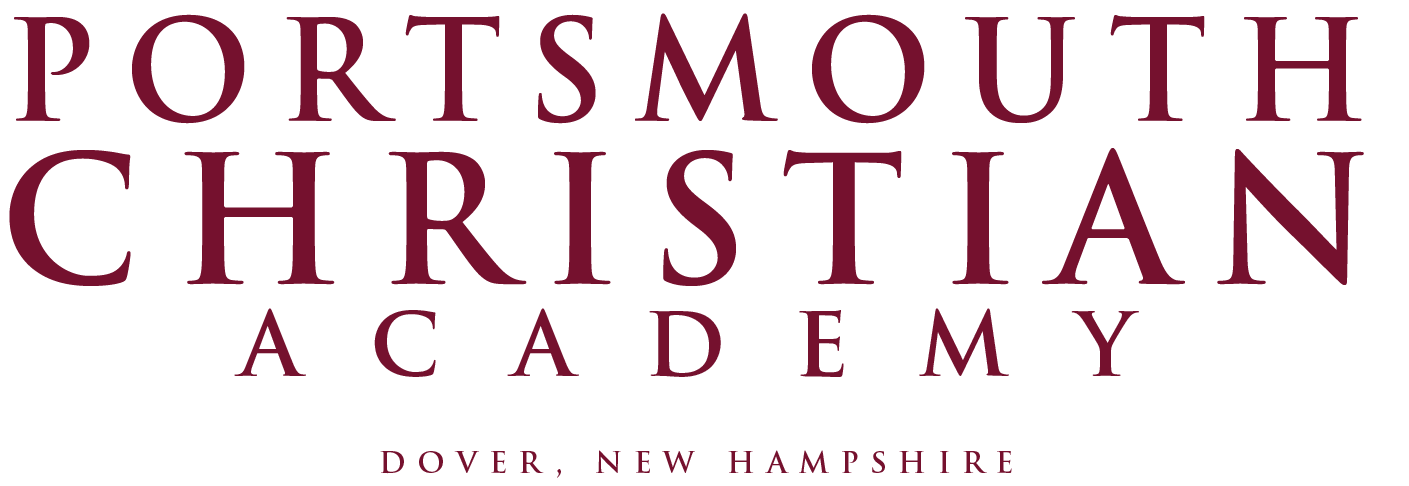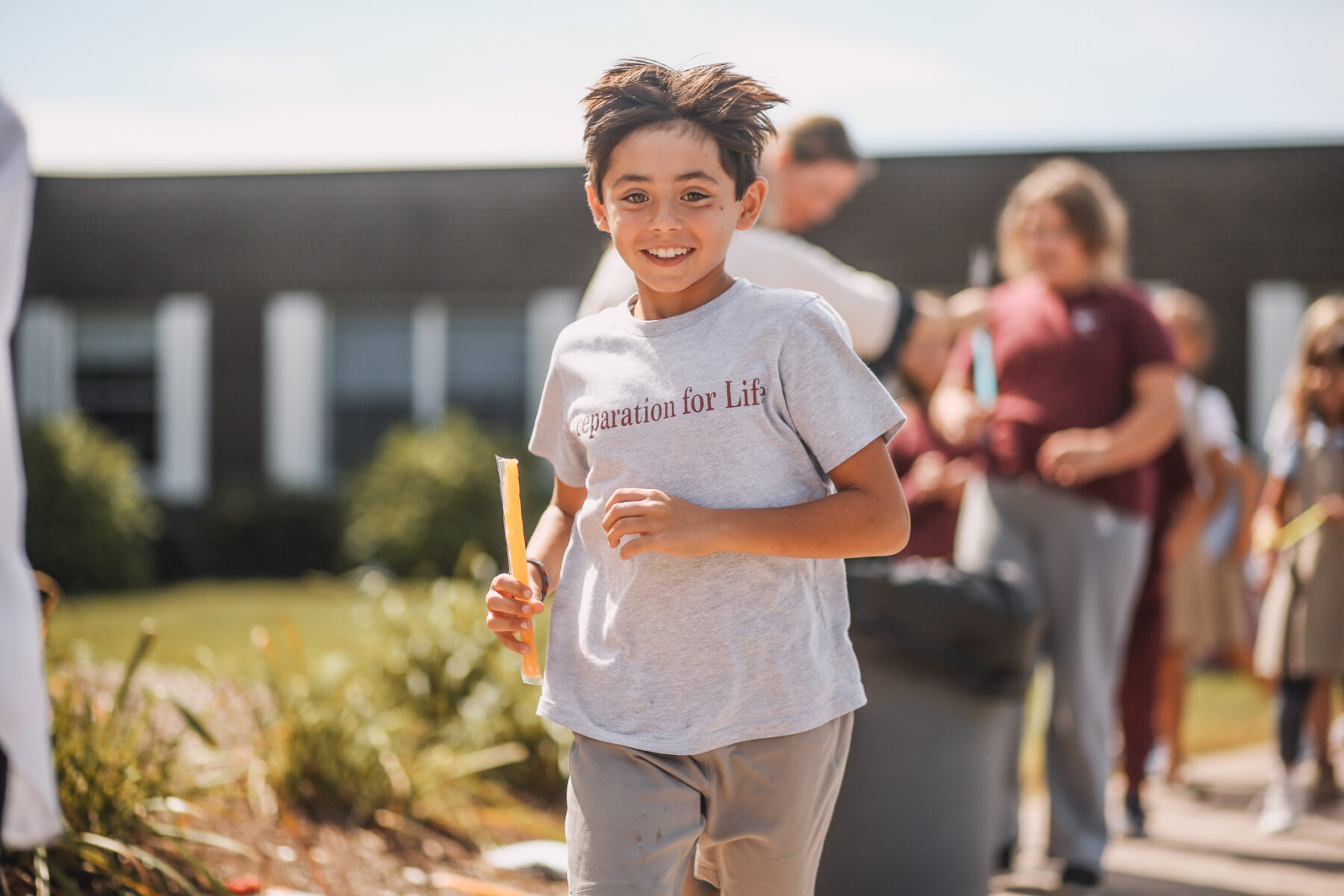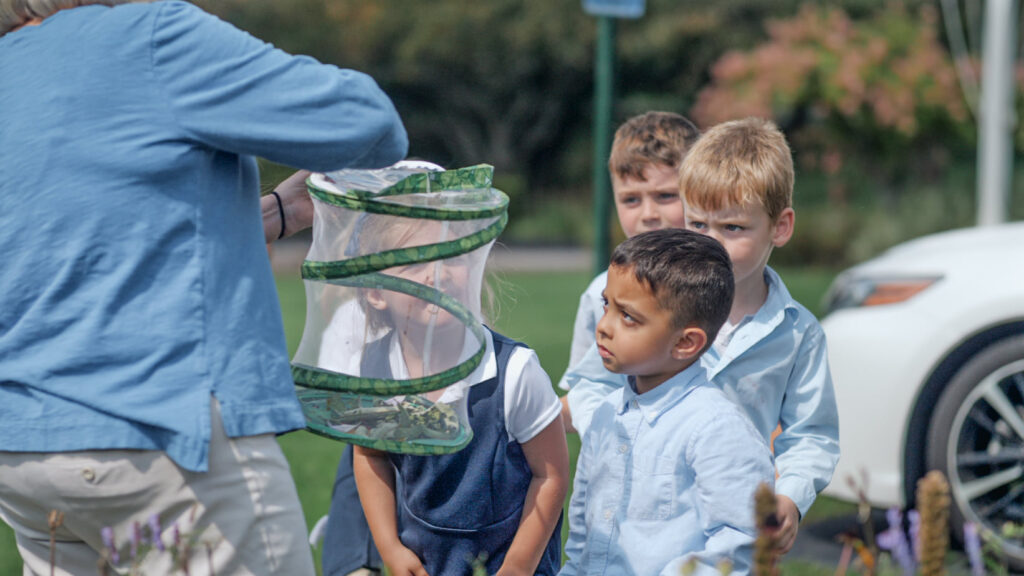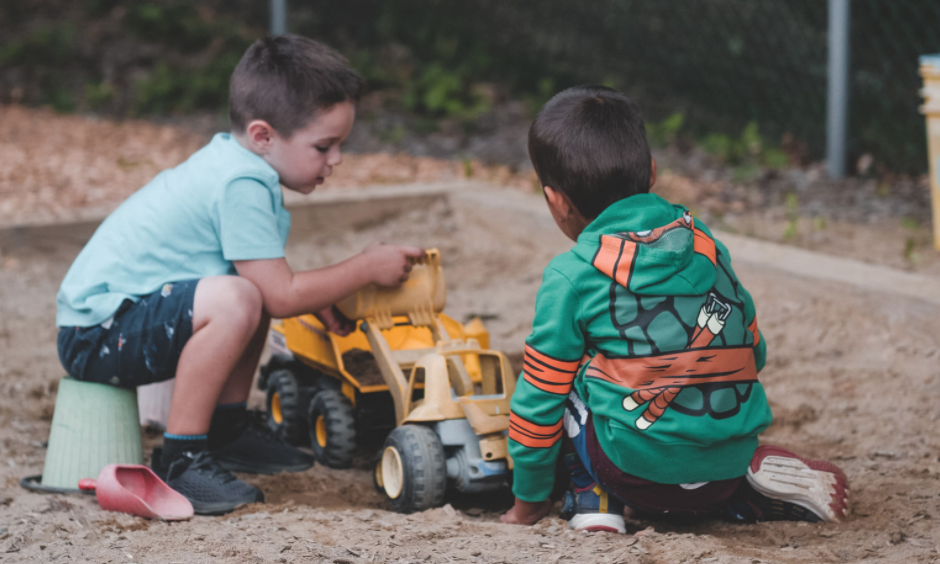Equipping students for life-long learning.
Portsmouth Christian Academy offers a faith-based education that reveals the specific and general revelation of God. Our Philosophy of Education is based on the Classical Trivium, which means that, in developmentally appropriate ways, we work to equip students for lifelong learning through grammar, logic and rhetoric.
Our school’s academic approach is also centered around meeting the needs of each student’s Learning Style. As part of the Admissions Process, you’ll sit down with various leaders of our school to hear more about your child’s individual learning style, and how our school can partner with you to best meet your child’s particular learning needs.
You may be asking how our school uses the learning styles to impact our decision making. From quarterly reports on each learning style’s academic performance, to personalized classroom teaching techniques, to small adjustments to the classroom environment like exercise balls and stand-up desks, our school makes research-based decisions on how to best meet the needs of all of our students.
Below are short articles written by our Dean of Academics, Dr. Connie Lawrence, on the 4 learning styles and how they behave in and outside the classroom. Maybe you can already tell which is your child’s learning style!
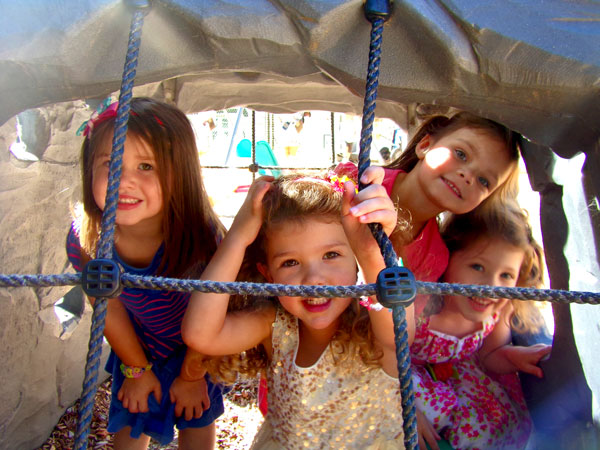
Preschool
Portsmouth Christian Academy’s Preschool (PCAP) interweaves learning and play through thoughtful learning experiences that promote their academic, social, emotional, and spiritual growth. Our teachers’ meaningful connections with each student help foster their curiosities about the world around them, and challenges them to ask lots of questions about what they’re seeing, reading, and hearing in preschool.
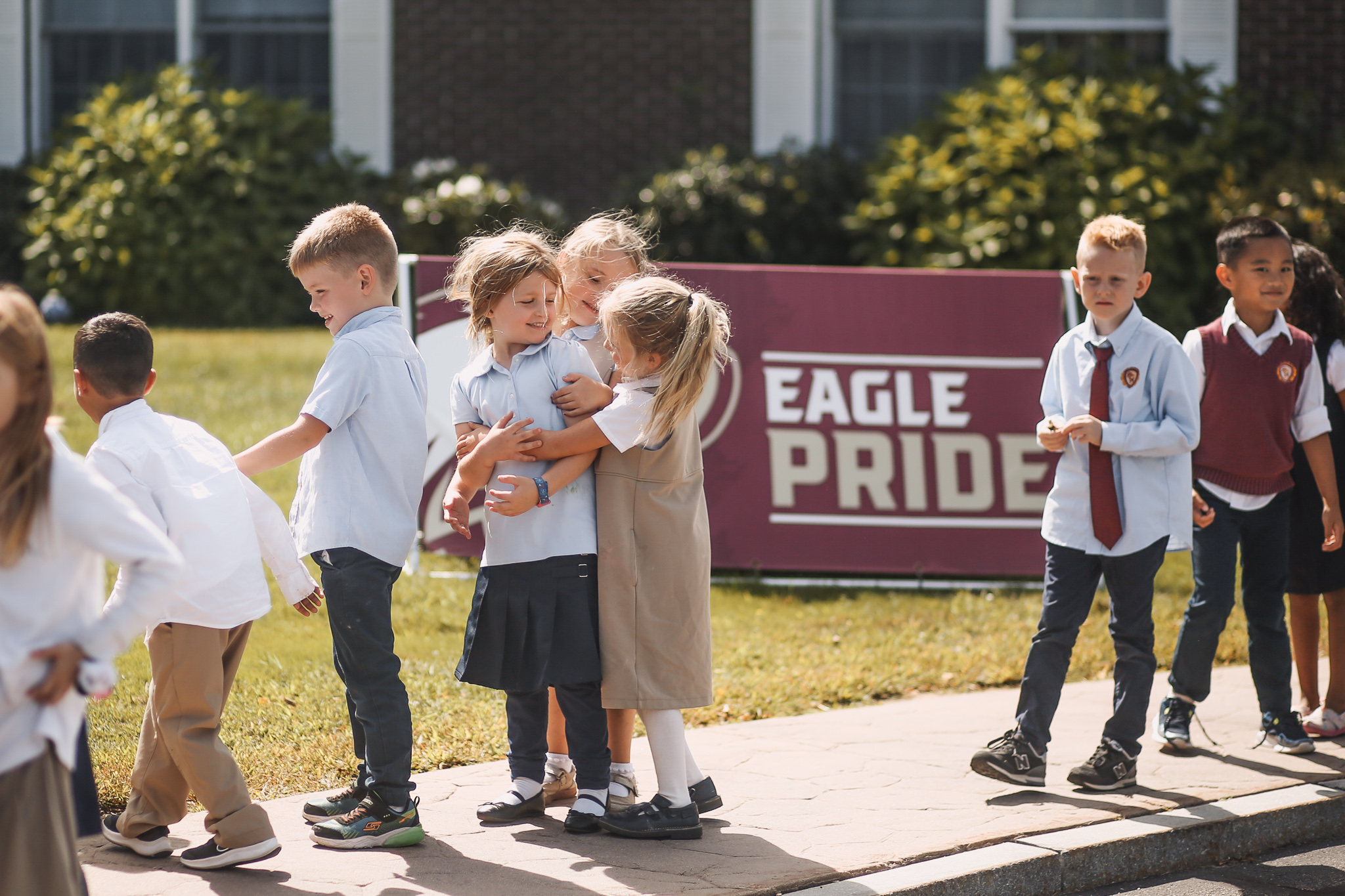
Kindergarten
As students begin to master playing with their peers, kindergarten moves them into an environment where academic content is extended through engaging group activities and short stints of direct instruction. We call this our “just right” approach as it allows teachers to individually mentor each student academically, socially, emotionally, and spiritually.
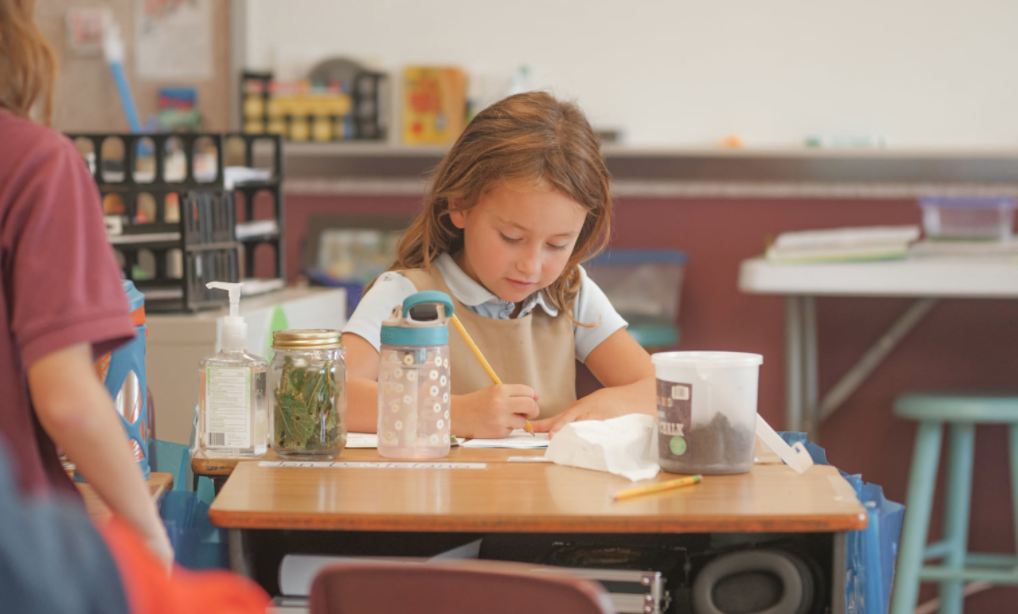
Primary
As our teachers build on your child’s natural way of learning through experience and play, classroom instruction is designed to encourage children to become engaged learners. Mastering math concepts and literacy are key goals in the primary grades, beginning with may facts, phonics, and active listening, and moving to math functions and in-class math clusters.
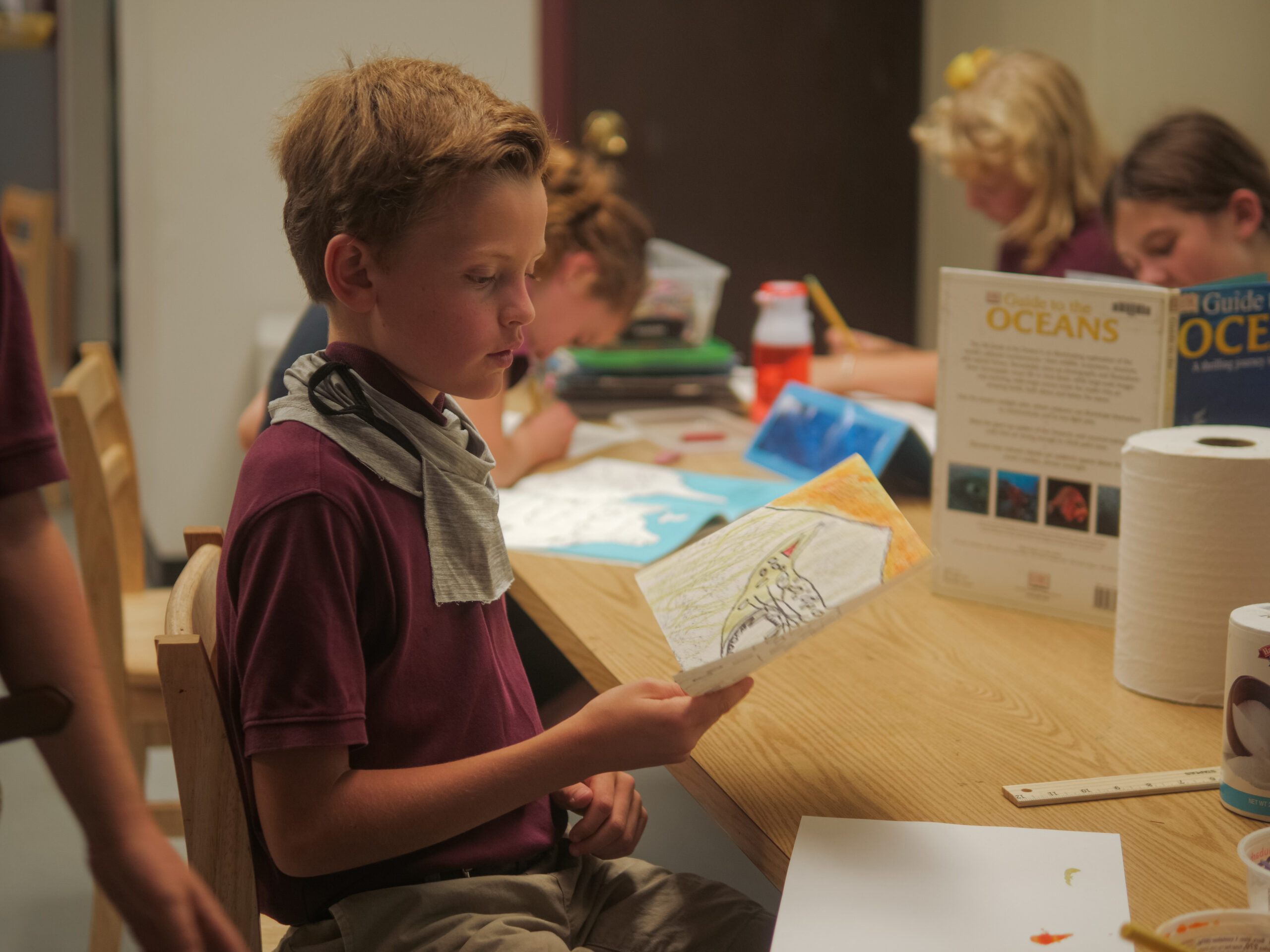
Elementary
Elementary learning classes build on your child’s independence as a learner and identity as a child of God. Students move from “learning to read” to “reading to learn,” and the curriculum encourages high levels of decoding, comprehension, word analysis, and writing.

Middle School
A period of time during which the student is undergoing physical, social, cognitive and emotional change, middle school years equip students in critical thinking, formal writing, executive functioning and problem-solving. Students learn metacognitive strategies, Socratic thinking, and community building skills, through thematic units that fully integrate faith and learning.
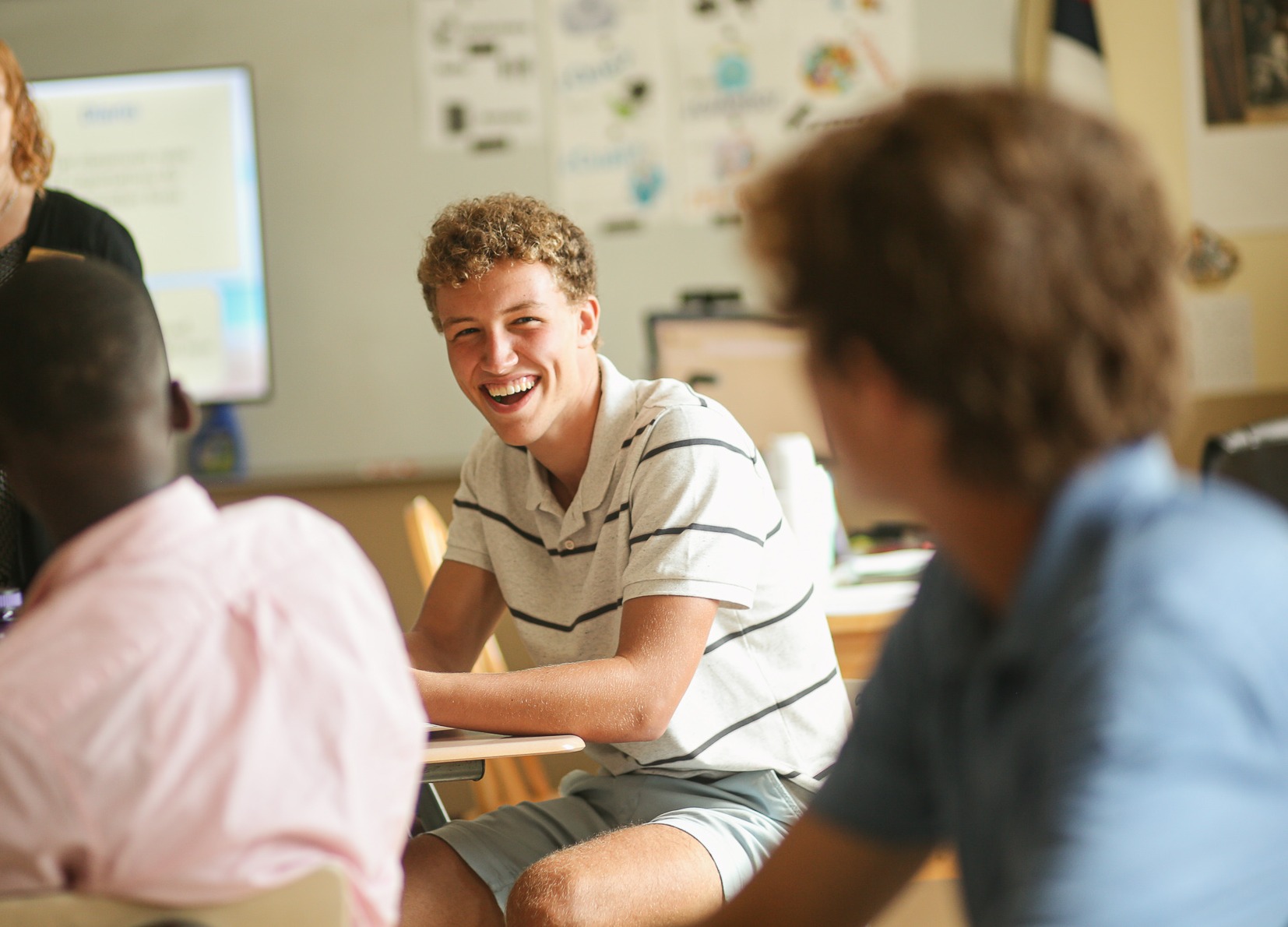
Upper School
Our Upper School offers a rigorous college preparatory program for students in grades 9 through 12. Under the tutelage of content specialists, students learn the content, writing style and learning strategies of various disciplines, mastering the tools to support future collegiate learning.
